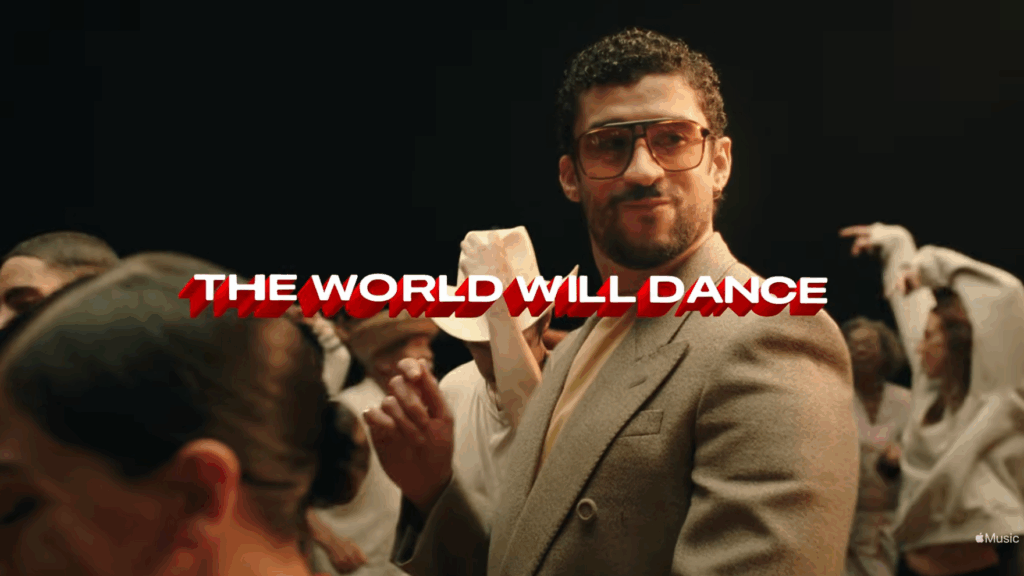Last month, business reports and media headlines screamed about Starbucks Corp.’s entry into the movie business. While company officials say the coffee chain has no plans to dabble in movie production, Starbucks already has a starring role to market Lionsgate’s upcoming film Akeelah and the Bee.
In its fledging role in the movie business, Starbucks is taking greater strides to build up the brand’s entertainment strategy, largely to enhance its competitive edge and bring customers new coffee experiences.
“At Starbucks, we have a history of being innovative in all aspects of our business,” says Starbucks spokesperson Sanja Gould. “Our goal is to surprise and delight customers. This is just one more way we can create a more exciting Starbucks experience.”
The coffee chain may have taken a cue from other brands with cameos in the film industry. Mountain Dew Films, the marketing arm that promotes action spots for the Mountain Dew brand, marked its first foray into the industry financing a documentary on the history of snowboarding. The film, First Descent, integrates the brand in subtle ways via logos and event branding. First Descent, which opened in December, made some $750,000 in its three-week run in December.
Starbucks is taking its own, unique direction. Rather than investing in the film, Starbucks is a front and center partner and will promote Lionsgate’s theatrical release of Akeelah and the Bee in 5,500 locations in the U.S. and Canada. Store employees will play an integral role in building hype over the film, screening it before its April 28 nationwide release to generate word-of-mouth buzz with customers.
In addition, Starbucks will promote the film on cup sleeves, through word games on store chalkboards, on its Wi-Fi home page and via its Hear Music Channel on XM Satellite Radio. On April 4, the chain will sell the soundtrack to the film and the DVD in late August in U.S. company-operated locations.
For its support, the coffee company will receive production credit in the film and share in box office and other merchandising sales.
The Seattle-based chain searched over the last year for a movie to promote, pouring through studios and scripts before settling on Akeelah and the Bee. The Lionsgate film depicts the story of an inner city girl and her journey from South-Central Los Angeles to the Scripps National Spelling Bee. The film ties in well with one of Starbucks’ own philanthropic missions—supporting literacy.
Starbucks already has experience entertaining customers. The Lionsgate partnership follows the chain’s successful release of the first album it helped market and distribute. The Ray Charles compilation, Genius Loves Company, sold more than 3 million copies since its 2004 release and won eight Grammy awards. Starbucks stores alone sold more than 835,000 units, or 25% of the triple platinum record per recent fourth quarter sales figures.
For Lionsgate, the partnership represents a “synergistic fit” between a growing and ever-so-popular brand and a movie studio, says Tim Palen, executive VP-worldwide marketing for Lionsgate, Santa Monica, CA.
“Any alternative means for us to reach the public with our messaging and movie…is a great thing,” Palen says. “[Starbucks] is one of the biggest growing brands in the world. People have a positive association and a positive experience when they go to Starbucks. That in and of itself makes them a great partner.”
Despite the partnership, Starbucks says its focus remains on its coffee. That means customers won’t find movie posters plastered to the wall or showtimes dangling near store menus.
“Customers will never walk into a Starbucks and feel like it has been turned into a music store or a DVD store,” Gould says. “Coffee is essential and it is our core. It is our passion that is ultimately at the heart of everything we do.”
Starbucks’ partnership with Lionsgate is not exclusive. The company says it is in “constant conversations” with independent filmmakers and studios to bring consumers other films.
“We really are looking for undiscovered gems that are out there,” Gould says. “We are committed to bringing high-quality films our customers will enjoy in the future.”
The partnership comes as little surprise to industry experts who say the relationship shows a growing trend by brands (and Hollywood) to find new ways to reach audiences.
For Starbucks and Lionsgate, the deal is a winning combination, says Leo Kivijarv, VP-PQ Media, a Stamford, CT-based custom media research company. Lionsgate can boost the film and attendance via Starbucks locations. In turn, Starbucks can reap the rewards of additional foot traffic in its stores.
“Starbucks is trying to come up with a way that distinguishes their brand away from all of their competitors,” Kivijarv says. “[It] is trying to open up the envelope.”
As more and more consumers shift their attention beyond TV and 30-second spots, brands are seeking out new opportunities that link to the entertainment industry, he says.
“There are so many brands that are trying to do it the old way and the old way isn’t working right now,” Kivijarv says. “A lot of people are experimenting to see what works. This is what Starbucks is doing. Let’s see if it works.”



